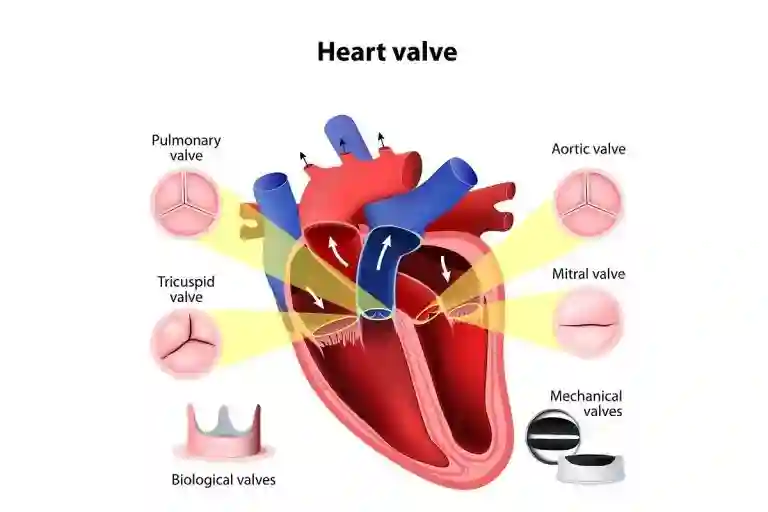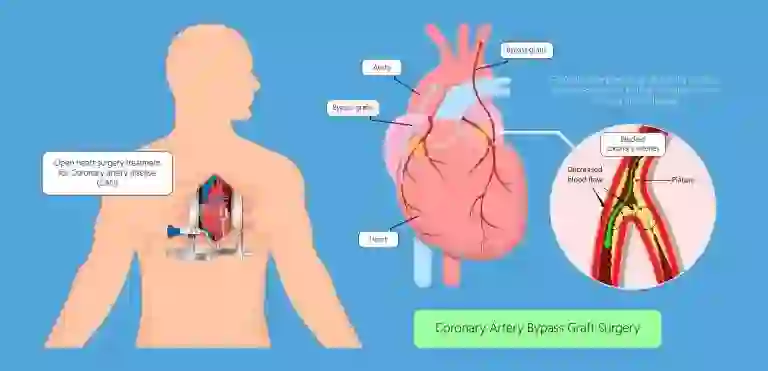A Cardiologist explains the reasons behind the increased heart attack cases among young people. He also suggests going for some tests to check if your heart is functioning properly
Incidences of heart attacks among younger people are increasing in India. We have seen many young people dying of heart attacks after the COVID-19 outbreak. A hospital in Mumbai has reported that cases of heart attack in its emergency ward have gone up by 15 to 20 percent in the past 2 months. Concerningly, it is majorly affecting the younger generation from the age group of 25 years old.
Dr. Ravi Gupta, Consultant Cardiologist Wockhardt Hospitals, Mumbai Central, cited diabetes, sedentary lifestyle, air pollution, stress, heavy workout, and steroids, as factors contributing to increasing cases of young heart attacks.
According to him, Indians are genetically prone to develop heart attacks, and the adoption of the western lifestyle has further increased the risk.
Do not ignore chest pain
Recently a 28-year-old patient, named Abhijeet Kadam, was diagnosed with a heart attack at the emergency ward of Wockhardt Hospitals, Mumbai Central. Before he was brought to the hospital’s emergency room, the patient had complained of chest pain radiating to the left hand. He was under stress for the past 3-4 days which resulted in myocardial infarction, according to Dr. Ravi Gupta.
ECG revealed an “Anterior Wall Myocardial Infraction” and immediately, he was taken for a coronary angiography on the same day of the admission. The coronary angiography was suggestive as the biggest artery LAD was 100 percent occluded with a clot which was removed followed by the stent. The patient is stable, recovered, and was discharged last week, the doctor informed me.
What Are the Four Silent Signs of a Heart Attack?
Subtle symptoms that are frequently ignored or mistaken for other causes can coincide with silent heart attacks.
1. Chest Pain
During a quiet heart attack, chest pain may be minimal or nonexistent. Your chest may feel tight, uncomfortable, or as though something is squeezing it. It may be easier to ignore this pain since it may be brief or sporadic, in contrast to the severe pain of a usual heart attack.
2. Shortness of Breath
You could have inexplicable dyspnea or a sense of being out of breath during a silent heart attack; moreover, disorientation can often be experienced. Many times, these symptoms are confused for respiratory problems or exhaustion.
3. Nausea
When there is no obvious digestive reason for nausea or vomiting, it may be a subtle signal of a silent heart attack. It might be misdiagnosed as a viral illness or gastric problems.
4. Cold Sweat
Unexpected cold sweats may be a sign of a silent heart attack, particularly if they happen without any physical effort or tension. They might be misinterpreted as a response to variations in temperature.
Main Reason for Heart Attack in India
The common sedentary lifestyle and poor nutrition are the main causes of heart attacks. Youth who lead modern lifestyles are more likely to suffer from heart attacks.
- Poor Food Choices: Fast food, processed foods, and sugary drinks are all too common, increasing the risk of obesity, cholesterol and other cardiovascular diseases.
- Lack of Physical Activity: A sedentary way of life, or loss of body workout, has been related to an increased risk of CAD – Coronary Heart Disease.
- Tobacco Use: Widespread smoking and smokeless tobacco habits increase heart attack risk.
- Stress and Anxiety: High stress levels, often related to work and lifestyle, contribute to heart problems.
- Genetic Predisposition: A family history of heart disease increases susceptibility.
- Diabetes: When the body either cannot produce sufficient hormone insulin or can’t use it well, blood sugar increases in the blood. An elevated blood sugar stage raises the chance of a coronary heart attack.
- Hypertension: Prevalence of high blood stress due to different factors, inclusive of lifestyle alternatives.
- Inadequate Healthcare: Limited access to timely and quality healthcare exacerbates heart health issues.
Preventive Measures to Reduce Heart Attack
There are several actions you may take to lower your risk (possibility) of developing heart disease, including:
- Healthy Diet: Adopt a balanced diet low in saturated and trans fats, sodium, and refined sugars.
- Maintain Healthy Weight: Achieve and maintain a healthy weight to reduce strain on the heart.
- Regular Exercise: Regular physical activity will reduce your cholesterol, improve the condition of your heart and blood circulation, and maintain normal blood pressure.
- Quit Smoking: Atherosclerosis, or the thickening of the arteries, is significantly increased by smoking. Abandoning tobacco use reduces the risk of heart disease and improves overall health.
- Limit Alcohol Consumption: Consume alcohol in moderation, as excessive intake can contribute to heart problems.
- Manage Stress: Practice stress-reducing techniques like meditation, yoga, or deep breathing exercises.
- Adequate Sleep: Ensure sufficient and quality sleep, as inadequate sleep can contribute to heart issues.
- Control Blood Pressure: By maintaining a balanced diet low in saturated fat, doing regular exercise, and, if necessary, using blood pressure medication, you may regulate your blood pressure.
- Regular Health Check-ups: Schedule routine check-ups to monitor cholesterol levels, blood sugar, and overall cardiovascular health.
Treatment and Surgery for Heart Attack
The kind of treatment used for a heart attack varies depending on whether blood flow is completely or partially blocked.
Medication: Prescribed drugs such as antiplatelets, beta-blockers, and statins to manage blood clotting, control blood pressure, and regulate cholesterol.
- Aspirin: Often given immediately to reduce blood clotting and minimise damage to the heart.
- Beta-Blockers: Medications like metoprolol or carvedilol help reduce the heart’s workload, blood pressure, and the risk of arrhythmias.
- ACE Inhibitors: These medications lessen blood pressure and cardiac strain.
- Statins: These medications assist in reducing harmful cholesterol levels. An excessive amount of LDL cholesterol, or bad cholesterol, can block arteries.
- Nitroglycerin: Helps widen blood vessels, improving blood flow to the heart.
Surgical and Other Procedures: A treatment or surgery to unblock a clogged artery may be necessary if you suffer a heart attack. The following surgical processes are used to treat heart attacks:
- Angioplasty: It is a minimally invasive procedure using a catheter to open the narrowed/blocked coronary arteries, often including the placement of a stent.
- Coronary Artery Bypass Grafting (CABG): Surgical rerouting of blood around blocked coronary arteries using blood vessels from elsewhere in the body.
Check blood sugar and BP regularly
Dr. Ravi Gupta advises that we should check blood sugar and blood pressure regularly, even if we don’t have any symptoms. It is possible that you could have high sugar or BP, but you’re not aware of it, as initially, these two conditions show no initial symptoms.
The Cardiologist also recommends taking stress tests, 2D Echo test, Cholesterols, and ECG, to ensure that our heart is functioning correctly.
Cardiovascular diseases (CVDs) killed more than 17 million people in 2019, out of which 85 percent suffered a stroke and heart attack, as estimated by the World Health Organization (WHO). A quarter of all the CVD deaths were reported from low and middle-income countries, it said.
Dr. Ravi Gupta
Consultant Cardiologist
Wockhardt Hospitals, Mumbai Central
To book an appointment call: +918291101001
FAQs on Heart Attack Cases in India
Q. What is one rule for surviving a heart attack?
During a heart attack, taking an aspirin may be beneficial because it keeps the clot from becoming larger, allowing the body to break down the blood clot.












